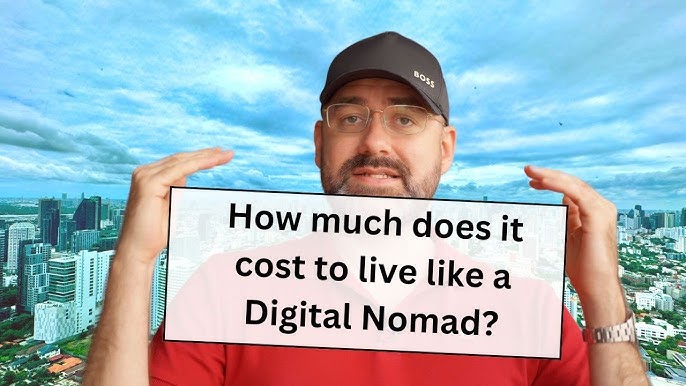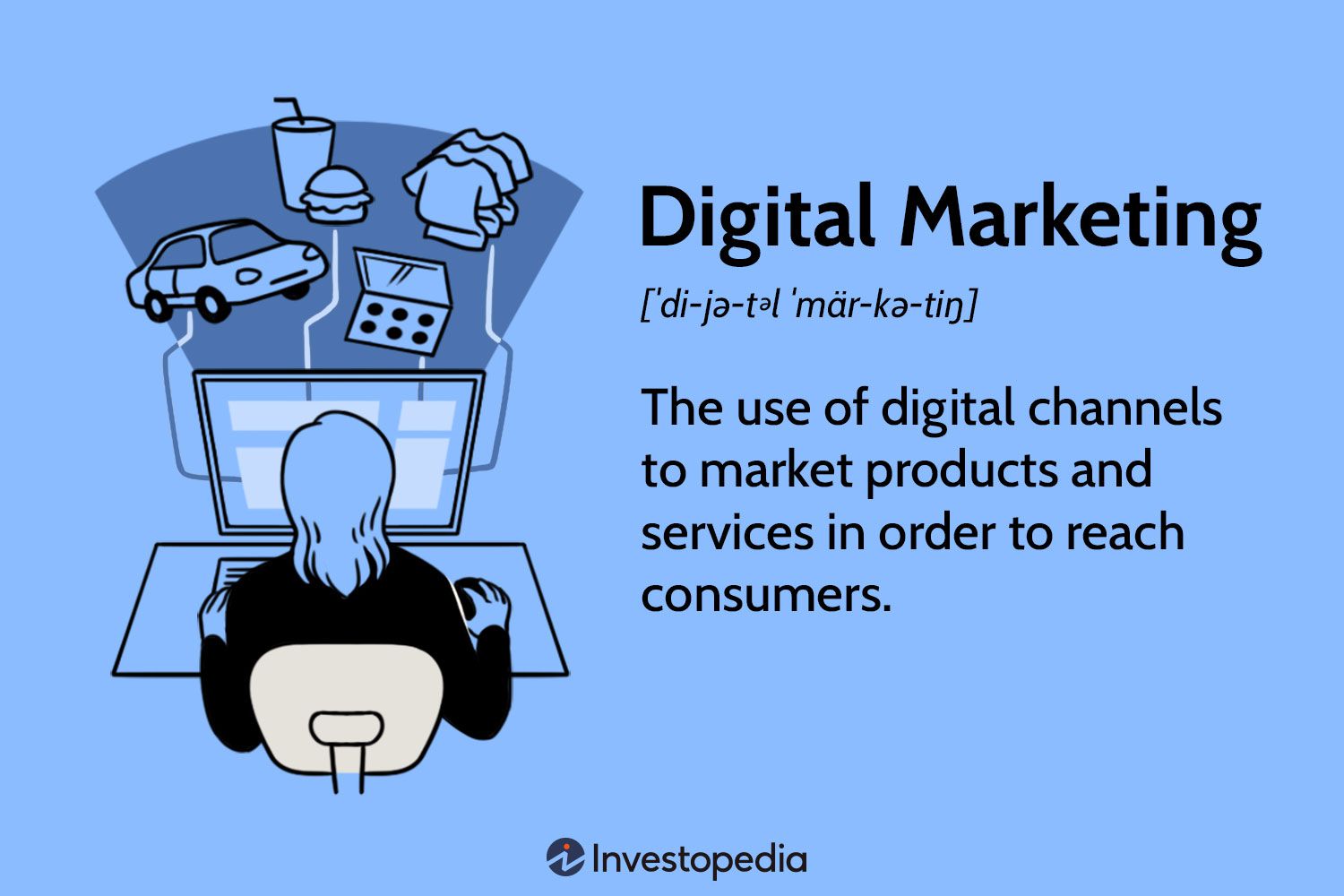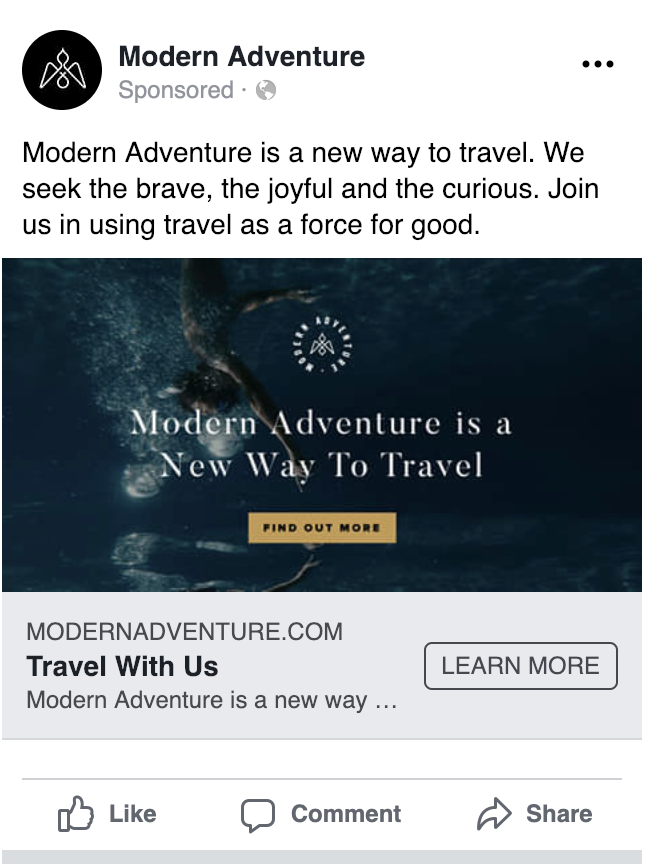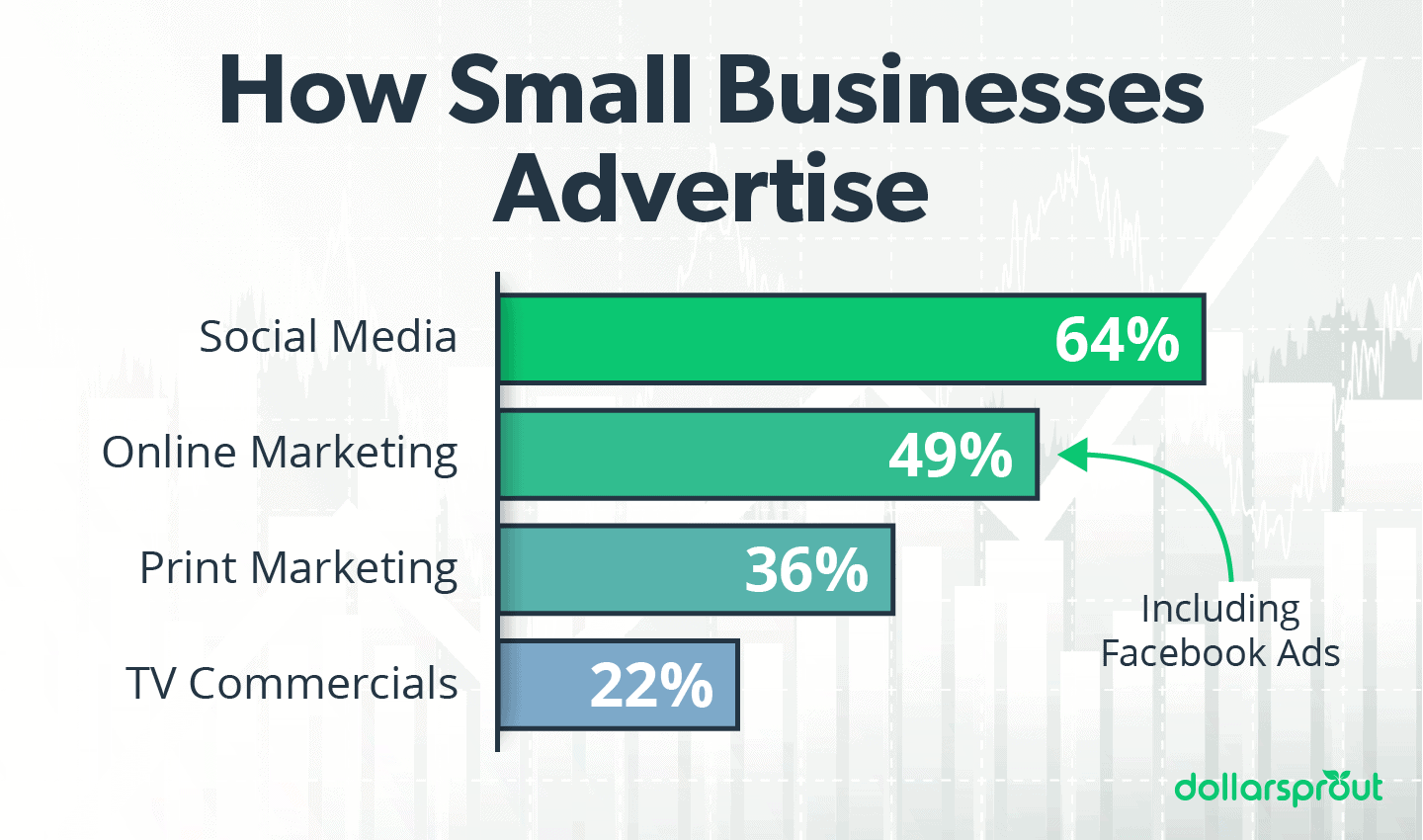Facebook Pixel tracks user interactions on your website using cookies. Conversion API collects data directly from your server, bypassing browser limitations.
The Facebook Pixel and Conversion API are essential tools for advertisers. The Pixel relies on cookies to track user activity on your website. This method can be affected by browser restrictions and ad blockers. On the other hand, the Conversion API sends data directly from your server to Facebook.
This approach ensures more accurate tracking and less data loss. Both tools are crucial for optimizing ad performance and measuring the effectiveness of your campaigns. Choosing the right one depends on your specific needs and technical setup. Integrating both can provide a comprehensive view of user interactions and improve ad targeting.
What Is Facebook Pixel?
Facebook Pixel is a piece of code for your website. It helps you track and measure user actions. You can use it to understand how people interact with your site. This data is crucial for optimizing your Facebook ads.
How It Works
Facebook Pixel works by placing a small piece of code on your website. This code collects data about user interactions. For example, it tracks when someone visits a page or makes a purchase. You can then use this data to optimize your Facebook ads.
Here is a simple breakdown of how Facebook Pixel works:
- Add the Pixel code to your website.
- The Pixel tracks user actions on your site.
- Data is sent back to your Facebook account.
- Use this data to create targeted ads.
Common Use Cases
Businesses use Facebook Pixel in various ways. Here are some common use cases:
- Tracking Conversions: See how many people complete a purchase.
- Retargeting: Show ads to people who visited your site but didn’t buy.
- Optimizing Ads: Improve ad performance based on user actions.
- Audience Insights: Understand the behavior of your website visitors.
With Facebook Pixel, you can make data-driven decisions. This ensures your Facebook ads reach the right people at the right time.
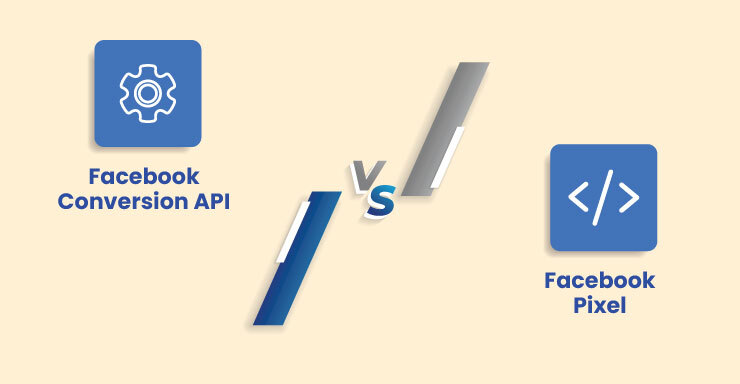
Credit: www.conversios.io
What Is Conversion Api?
The Conversion API, also known as CAPI, is a powerful tool. It helps businesses track and measure customer actions on their websites. This tool works alongside the Facebook Pixel to gather data and improve ad performance.
How It Works
Conversion API collects data directly from your server. This means you get more accurate and reliable data. Unlike the Facebook Pixel, which relies on browser data, Conversion API captures server events. This ensures you track user actions even if they block cookies.
The data collected by Conversion API includes:
- Page views
- Purchases
- Form submissions
This server-side tracking method improves data privacy and security. It also helps you comply with data protection regulations.
Common Use Cases
Businesses use Conversion API in various scenarios. Here are some common use cases:
- Tracking offline conversions: You can track sales made in physical stores.
- Improving data accuracy: Data from Conversion API is less likely to be blocked.
- Enhancing ad targeting: Better data means more effective ad targeting.
Conversion API is also useful for advanced tracking needs. For instance, tracking custom events and user interactions beyond simple page views.
Here is a simple comparison table between Facebook Pixel and Conversion API:
| Feature | Facebook Pixel | Conversion API |
|---|---|---|
| Data Collection Method | Browser-based | Server-based |
| Data Accuracy | Prone to blocking | More reliable |
| Compliance | Challenging | Easier |
Using Conversion API can significantly enhance your advertising strategy. It provides deeper insights into your customer’s journey. This data helps you create more effective marketing campaigns.
Key Differences
Understanding the key differences between Facebook Pixel and Conversion API is crucial. This helps in optimizing your online marketing strategies. Below, we explore the major differences.
Data Collection Methods
Facebook Pixel collects data via browser cookies. It tracks user interactions on your website. The data is sent to Facebook servers for processing.
Conversion API, on the other hand, collects data directly from your server. This ensures more accurate data transmission. It bypasses browser limitations such as ad blockers.
| Feature | Facebook Pixel | Conversion API |
|---|---|---|
| Data Source | Browser | Server |
| Ad Blocker Resistance | Low | High |
| Data Accuracy | Moderate | High |
Implementation Complexity
Facebook Pixel is easier to implement. You only need to add a piece of code to your website’s header. This makes it accessible for beginners.
Conversion API is more complex. It requires backend integration. This often needs a developer’s help for proper setup.
- Facebook Pixel: Simple, front-end code implementation.
- Conversion API: Requires backend integration and developer assistance.
Choosing between these two depends on your needs. Facebook Pixel is easier but less accurate. Conversion API is complex but offers better data reliability.
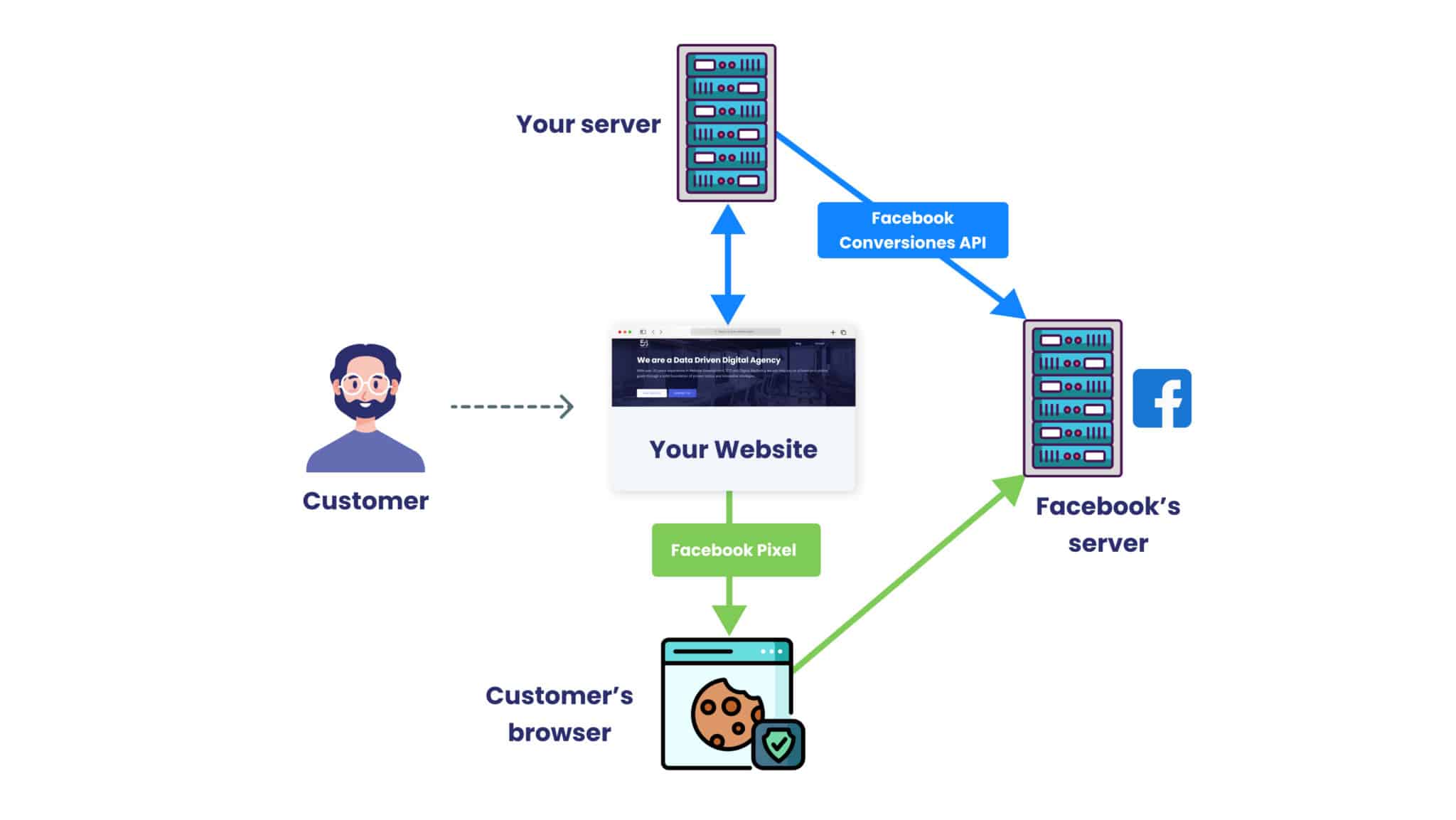
Credit: www.54solutions.com
Benefits Of Facebook Pixel
The Facebook Pixel is a powerful tool for marketers. It helps track website visitors and optimize ads. This section explores the key benefits of using Facebook Pixel.
Ease Of Use
Facebook Pixel is simple to set up. Even beginners can install it easily. Just copy and paste a small code snippet into your website’s header. This quick setup makes it accessible to everyone.
Once installed, the Pixel starts tracking visitor actions. It collects data automatically. You don’t need any special skills to use it.
Real-time Data
Facebook Pixel provides real-time data. You can see who visits your site instantly. This data helps make quick decisions.
Real-time data allows you to adjust your ads fast. You can improve performance immediately. This helps save time and money.
With real-time insights, you can see which products are popular. This helps tailor your marketing strategies. You can focus on what works best.
Benefits Of Conversion Api
The Conversion API offers numerous benefits that enhance tracking and data collection. This tool is crucial for businesses aiming to optimize their Facebook ad campaigns.
Data Accuracy
The Conversion API ensures greater data accuracy compared to traditional tracking methods. Unlike browser-based tracking, it directly sends data from your server to Facebook. This direct transfer eliminates many potential errors.
With Conversion API, data is less likely to be lost or blocked. Ad blockers and browser restrictions often disrupt traditional tracking. By using server-side data, businesses can achieve more reliable results.
Accurate data helps in creating better-targeted ads. This leads to improved return on investment (ROI) for ad campaigns.
Server-side Tracking
Server-side tracking is a key feature of the Conversion API. This method offers several advantages over client-side tracking.
With server-side tracking, data is sent directly from your server to Facebook. This reduces the risk of data being blocked by browsers.
Additionally, server-side tracking is less affected by network issues. It ensures that data is consistently and accurately collected.
The table below compares server-side tracking with client-side tracking:
| Feature | Server-Side Tracking | Client-Side Tracking |
|---|---|---|
| Data Accuracy | High | Medium |
| Impact of Ad Blockers | Low | High |
| Network Reliability | High | Medium |
Using server-side tracking can significantly improve the quality of your data. This improvement leads to better ad targeting and more effective marketing strategies.
Implementing the Conversion API in your marketing strategy can lead to substantial improvements. This can result in higher customer engagement and increased sales.
Challenges And Limitations
Both Facebook Pixel and Conversion API have their own sets of challenges and limitations. Understanding these can help you make an informed decision for your business. Below, we break down the most significant issues you might encounter.
Privacy Concerns
One of the biggest challenges is privacy concerns. Facebook Pixel collects data through cookies. This method can raise privacy issues. Users are becoming more aware of their data privacy. Many browsers now block third-party cookies.
On the other hand, the Conversion API also faces privacy issues. It sends data directly from your server to Facebook’s server. This might seem more secure. But, it still raises questions about user consent and data security.
Both methods must comply with regulations. Laws like GDPR and CCPA impose strict rules. Failing to comply can result in hefty fines.
Technical Requirements
Implementing Facebook Pixel is easier but requires some technical skills. You need to add a piece of code to your website. This might be challenging for those without coding experience.
The Conversion API is more complex. It requires server-side integration. You may need help from a developer. This method is also more resource-intensive. It can affect your website’s performance.
Here is a comparison table for better understanding:
| Aspect | Facebook Pixel | Conversion API |
|---|---|---|
| Implementation | Easier, client-side | Complex, server-side |
| Privacy | Lower, cookie-based | Higher, direct data transfer |
| Performance Impact | Minimal | Higher |
Both methods require ongoing maintenance. You need to keep the codes updated. Changes in privacy laws and browser updates can affect their performance.
Choosing The Right Tool
Deciding between Facebook Pixel and Conversion API can be tricky. Each tool has unique benefits. Your choice should depend on your specific needs.
Business Needs
Your business goals dictate the tool you choose. If you need real-time data, Facebook Pixel is a strong choice. It helps track user actions on your website. Conversion API is better for advanced tracking. It can track conversions even with ad blockers. It is also great for server-side data integration.
Consider your budget and resources. Facebook Pixel is simpler to set up. Conversion API may need developer support. This could increase costs.
Technical Capabilities
Assess your technical skills and infrastructure. Facebook Pixel requires basic coding knowledge. You can add it to your site with a simple script.
Conversion API requires more technical expertise. It involves server-side coding and API integration. It may need support from your IT team.
Here’s a quick comparison:
| Feature | Facebook Pixel | Conversion API |
|---|---|---|
| Ease of Setup | Simple | Complex |
| Data Accuracy | Good | Excellent |
| Ad Blocker Resistance | Low | High |
| Maintenance | Low | High |
Both tools have their strengths. Your choice depends on your business needs and technical capabilities.
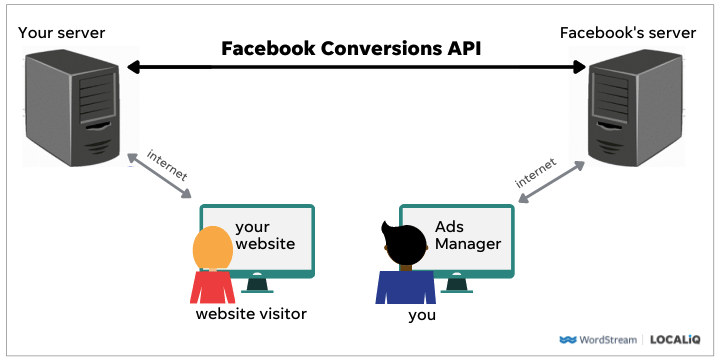
Credit: www.wordstream.com
Conclusion
Choosing between Facebook Pixel and Conversion API depends on your business needs. Facebook Pixel offers simplicity and ease of use. Conversion API provides enhanced data accuracy and control. Combining both can maximize your marketing efforts. Evaluate your goals to make an informed decision.


